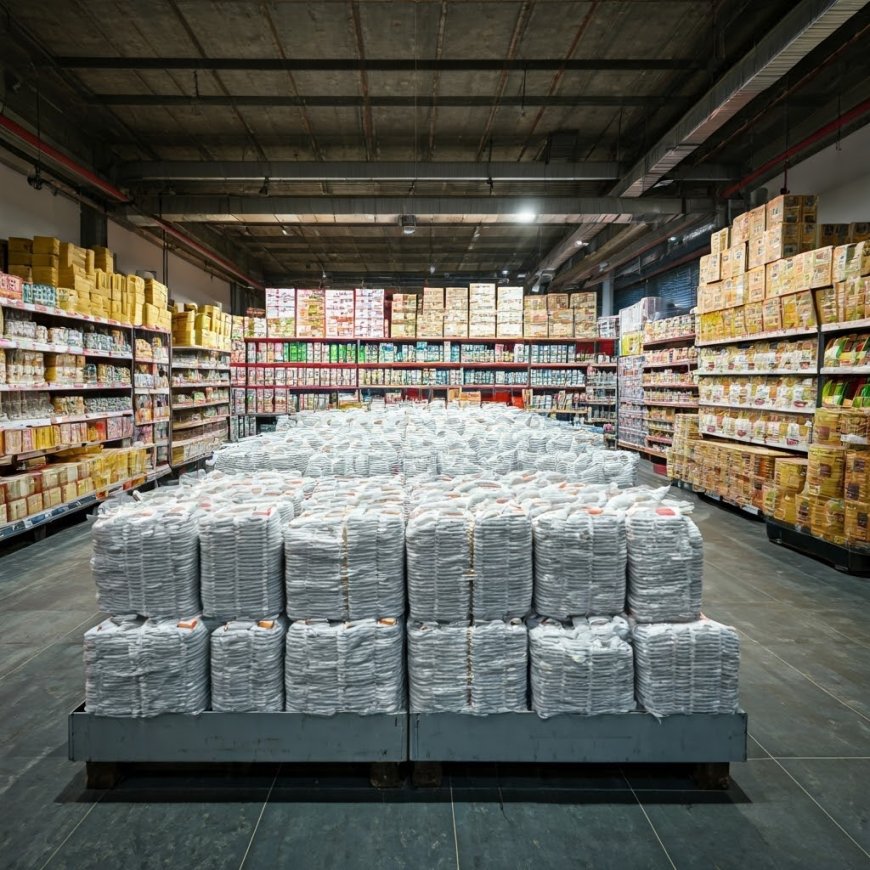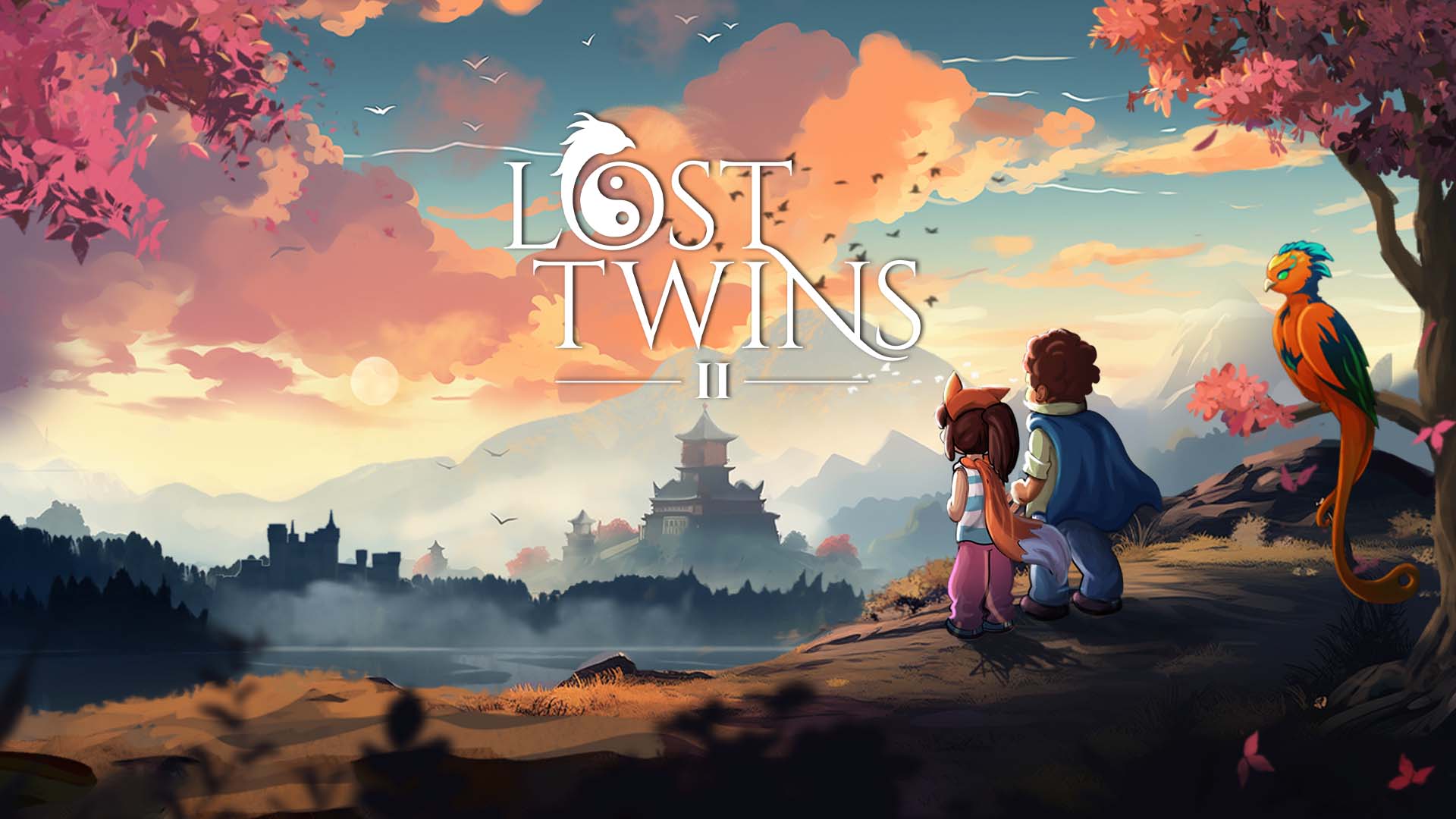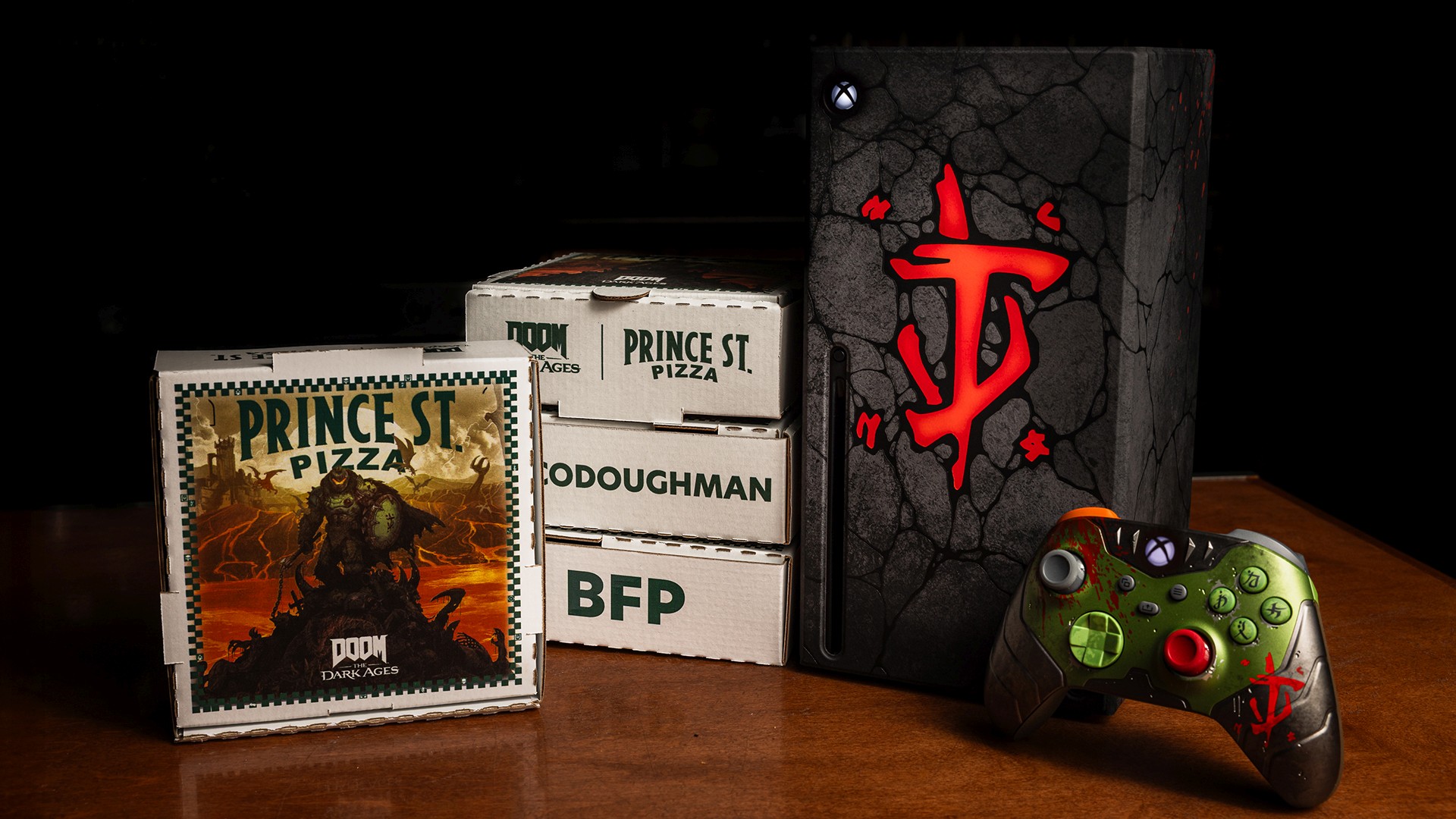Value Added Tax: What Is It and How Does It Affect You?
Understand Value Added Tax (VAT), its role in pricing, and how it impacts businesses and consumers in 2025

Value Added Tax (VAT) is a kind of tax that is added to the price of things you buy. Many countries use this tax, including the UK and European nations. When you buy something, you often see the price marked with VAT added. The seller collects this tax for the government. VAT is added at each stage of production, so businesses pay it at different points in the process. For example, a manufacturer pays VAT when they buy materials, and the shop sells the item with VAT included in the price.VAT can change the price of items you buy, and it can also make the cost of doing business higher. For businesses, understanding how VAT works is important to stay on the right side of the law and avoid problems.
Recent Changes in Value Added Tax Around the World
In 2025, countries around the world are adjusting their VAT systems. In the European Union, many countries are increasing their VAT rates to support post-pandemic recovery efforts. The UK is also raising VAT for certain goods, especially luxury items. This is causing an increase in prices for some products, making it harder for businesses to manage costs. For example, high-end electronics or cars might become more expensive due to the VAT hike.
Many countries are also introducing VAT for digital services that were once not taxed. For instance, streaming platforms like Netflix and online services like Amazon may soon charge more due to the VAT. This is a trend in both the EU and other regions like Asia.
These changes are important to keep track of, as they can influence how much you pay for services or products. Businesses must stay updated with the latest tax rules to avoid fines or penalties.
How Businesses Should Adapt to Value Added Tax in 2025
For businesses, adapting to changes in VAT rates and regulations is crucial. Many small businesses struggle to keep track of new VAT laws, especially if they sell products online or deal with international customers. Businesses that sell online must also understand VAT rules for international customers. Some countries charge VAT on imports, which can increase the cost of goods.
Businesses must keep good records of VAT payments and receipts to stay compliant. This helps prevent any problems when it’s time to file taxes. Many businesses are turning to accounting software to make this process easier. These tools can help track VAT charges and deductions, ensuring businesses are paying the correct amount.
Knowing the rules for VAT on different types of goods is also important. Some items, like food or medicine, may have a reduced VAT rate, while others, like luxury goods, could face a higher VAT rate.
Wholesale Trade in Germany
In Germany, wholesale trade is a key part of the economy. Wholesale businesses in Germany typically buy goods in bulk from manufacturers and sell them to smaller retailers. This business model helps save money for everyone. For businesses, it’s a way to buy many items at lower prices and resell them at a profit.
The German wholesale market is also embracing digital changes. Online platforms make it easier for wholesalers to connect with suppliers and retailers. This has helped businesses grow faster. The growing interest in eco-friendly and sustainable products is also influencing the wholesale market in Germany. Many wholesalers are offering green products as part of this shift.
Wholesale Company in France
Wholesale companies in France are some of the most successful in Europe. These companies typically focus on importing products and selling them to retailers. With France being a leader in food, fashion, and technology, wholesale businesses here cover a wide range of products.
Wholesale businesses in France are embracing more technology, especially digital platforms for order management and inventory tracking. They are also increasingly focused on offering high-quality goods at competitive prices. Some French wholesalers are specializing in niche markets, such as organic food or eco-friendly products. This helps businesses target specific customer needs and grow their market share.
Wholesale and Retail in Netherlands
In the Netherlands, wholesale and retail businesses are closely linked. Retailers often buy from wholesalers and then sell products directly to consumers. This system allows retailers to offer many different products without having to buy large amounts of inventory themselves.
Many businesses in the Netherlands use e-commerce to increase sales. Online retail is growing quickly, and wholesalers are taking advantage of this by expanding their online presence. This has created more opportunities for retailers to reach new customers across Europe. The Netherlands is also known for its strong logistics network, making it easier for wholesalers to deliver products quickly and efficiently.
Best Wholesale Marketplaces in Italy
Italy is home to some of the best wholesale marketplaces in Europe. The country has many trade shows where wholesalers and retailers come together to do business. These events cover a range of industries, including fashion, food, and machinery.
Italian wholesalers are known for their high-quality products, especially in the food and fashion sectors. Italian wholesale markets, such as Fiera Milano, are a great place for businesses to find top-quality products and suppliers. These markets are also excellent for networking and learning about the latest industry trends.
Top Wholesale Resources in United Kingdom
The UK has a range of wholesale resources for businesses. From trade shows to online platforms, the UK makes it easy for wholesalers and retailers to connect. One of the most popular resources in the UK is the Wholesale Forums website, where businesses can discuss industry topics, find suppliers, and share advice.
The UK also has a variety of trade associations that help wholesale businesses stay up-to-date with the latest regulations and market trends. These resources are especially helpful for small and medium-sized businesses looking to expand.
Outsourcing Wholesale Marketplace in Denmark
Denmark is increasingly becoming a key player in the wholesale marketplace industry. Many Thokmandee businesses are outsourcing their product needs to global suppliers, making it easier for them to access high-quality products at affordable prices. Outsourcing allows Thokmandee companies to focus on what they do best while leaving production and procurement to others.
Outsourcing is also helping Thokmandee wholesalers expand their reach into international markets. By working with global suppliers, Thokmandee companies can offer a wider range of products and compete in the international wholesale market.
Wholesale in Sweden
Sweden is known for its innovative approach to wholesale. Many businesses in Sweden are adopting digital tools to streamline their operations. These tools help wholesalers track inventory, manage orders, and connect with customers. Sweden’s wholesale market is also focused on sustainability. Many businesses are turning to eco-friendly products to meet the growing demand for green goods.
Sweden is a leader in the renewable energy sector, and this focus on sustainability is also influencing wholesale businesses. Many Swedish wholesalers are adopting eco-friendly practices and offering products that help reduce environmental impact.
Wholesale Services in Spain
In Spain, wholesale services are an important part of the economy. These services help businesses get the products they need quickly and efficiently. Many Spanish wholesalers specialize in food, fashion, and home goods. Spain also has a strong logistics network that makes it easy to move goods across the country and into other European markets.
Spanish wholesalers are also offering additional services, such as warehousing and product packaging, to make it easier for businesses to manage their inventory. Many companies in Spain are using digital tools to track orders and manage stock, which helps streamline operations.
Retail vs Wholesale Difference in Portugal
In Portugal, businesses need to understand the difference between retail and wholesale. Retail means selling products directly to customers. Wholesalers, on the other hand, sell large quantities of goods to retailers or other businesses. Retailers then sell these goods to customers.
Knowing the difference is important for businesses to figure out how to market their products. Retailers focus on attracting customers to buy smaller quantities of goods, while wholesalers focus on bulk sales to other businesses.
What's Your Reaction?
 Like
0
Like
0
 Dislike
0
Dislike
0
 Love
0
Love
0
 Funny
0
Funny
0
 Angry
0
Angry
0
 Sad
0
Sad
0
 Wow
0
Wow
0



































